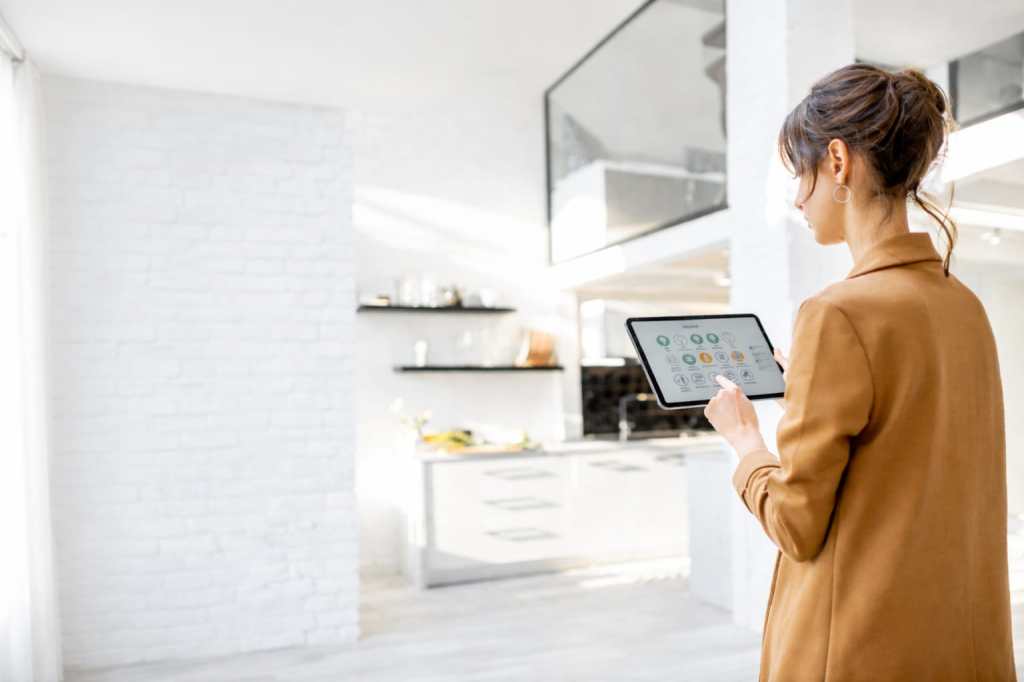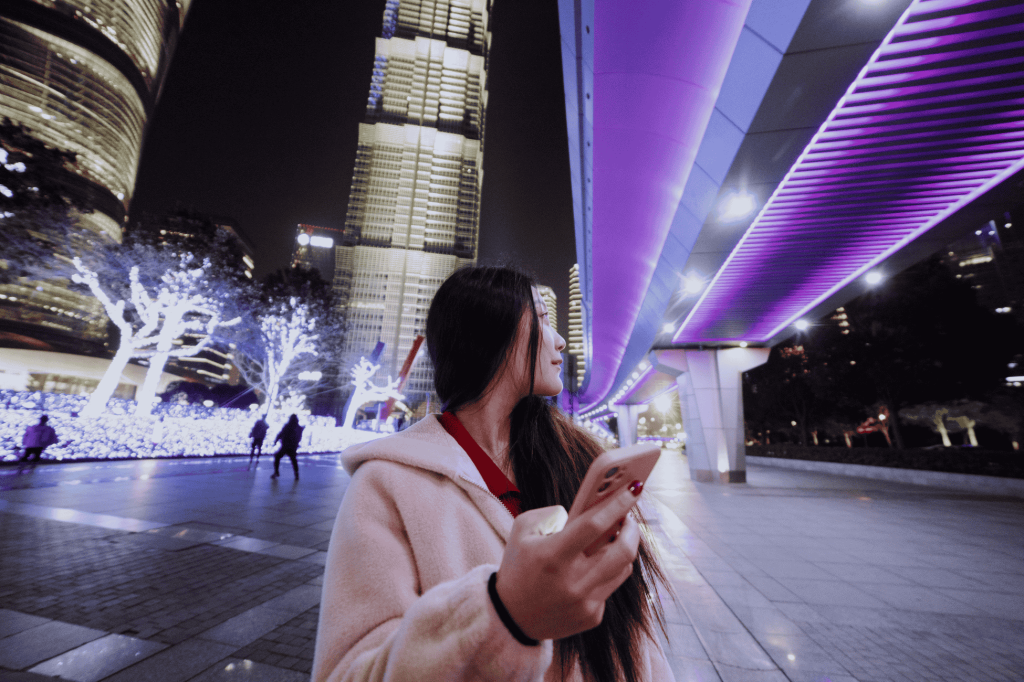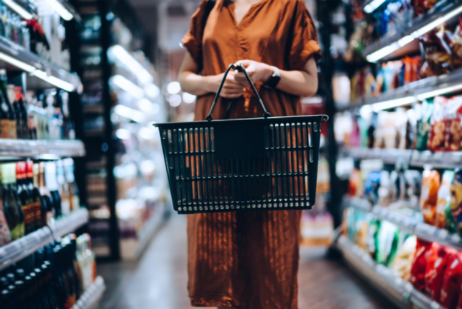Have you heard of Michalle Phan, Zoella, Tanya Burr or Pixiwoo? No, neither had I until I recently ventured into the world of the beauty video logger or “vlogger”. These are some of the most influential people in the cosmetics industry and they’re doing it from their bedrooms.
The independent (and often young) video bloggers film their make-up hints, tips and reviews as well as other life observations for their thousands and millions of followers on YouTube. This is a bedroom revolution that has been gathering pace over the last couple of years, it might have started out with wannabe musicians on Myspace playing their songs into a camera in their bedrooms but this has spread to other categories.
Today, using review sites is a staple part of most people’s purchase journeys whether that is for a new latest smartphone, laptop, restaurant or holiday destination. Amazon, Yelp and Tripadvisor helped in leveling the playing field between the long established and well-known brands and the smaller, independent sellers, restaurants or hotels. The influential and disruptive power of consumer and peer-to-peer reviews are still being understood and harnessed, but now there is a new game changer on the horizon.
Research by Pixability, a YouTube marketing company has documented this changing landscape and how YouTube is now at the forefront of driving brand awareness and more importantly brand engagement with beauty products and brands. The interest in online beauty related content has grown hugely from an average 300 million views per month in 2010 to 700 million views per month in 2013 covering everything from make-up, haircare, skincare and nails. But shockingly of all, beauty brands only control 3% of that content – that leaves the remaining 97% of conversations being customer or peer-to-peer generated content.
Many commentators and brand experts are claiming that vloggers are achieving something that brands have longed to try and achieve with their target market – long term engagement with a consumer audience who can often be notoriously difficult to engage with.
So why are beauty vloggers so popular and so influential? One answer could lie in the fact that vloggers are seen to have credibility and integrity amongst their peers when talking about their lives and their experiences with beauty products. Unlike celebrities, many vloggers are not being paid to endorse a particular brand or product and rightly or wrongly they are perceived to be unbiased and independent. What really works though is the fact that many of these conversations from vloggers feel intimate and relatable – they are ‘normal’ people who are testing products or giving tutorials in real time that allow you to follow along and perfect a look. They create a conversation and are willing to share their highs and their lows and aren’t afraid to say when a product really isn’t working only adds to their credibility. They’re also growing increasingly influential so much so that Michelle Phan has 6 million subscribers and has launched her own cosmetics line with L’Oreal.
No longer can brands just tell us what they are but they need to make sure their products are good enough for consumers to tell each other. This trend is set to grow and grow and not just in the beauty world. Already there are vloggers discussing fashion, DIY, travel and home cooking – brands and retailers everywhere need watch out for these influential vloggers – this is the new marketing revolution.




